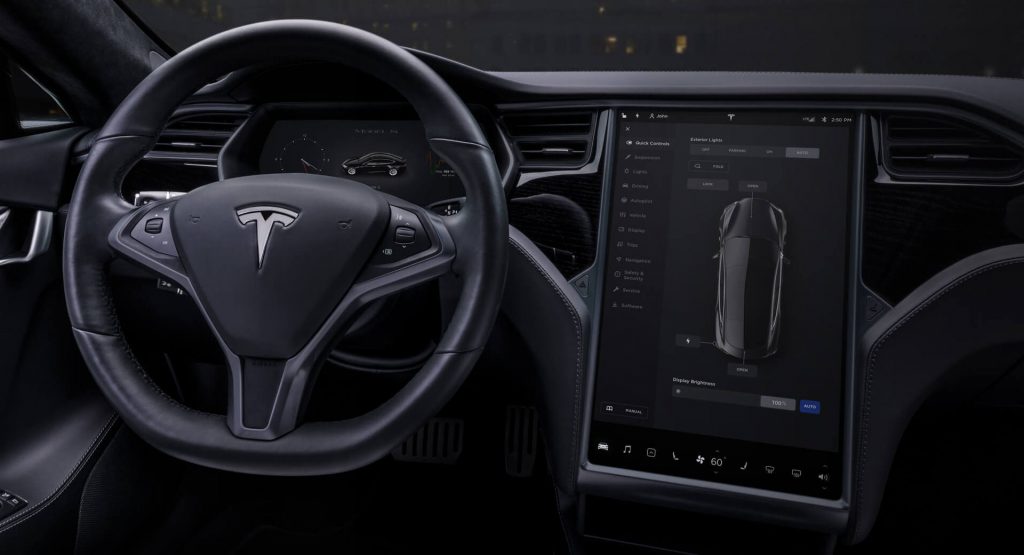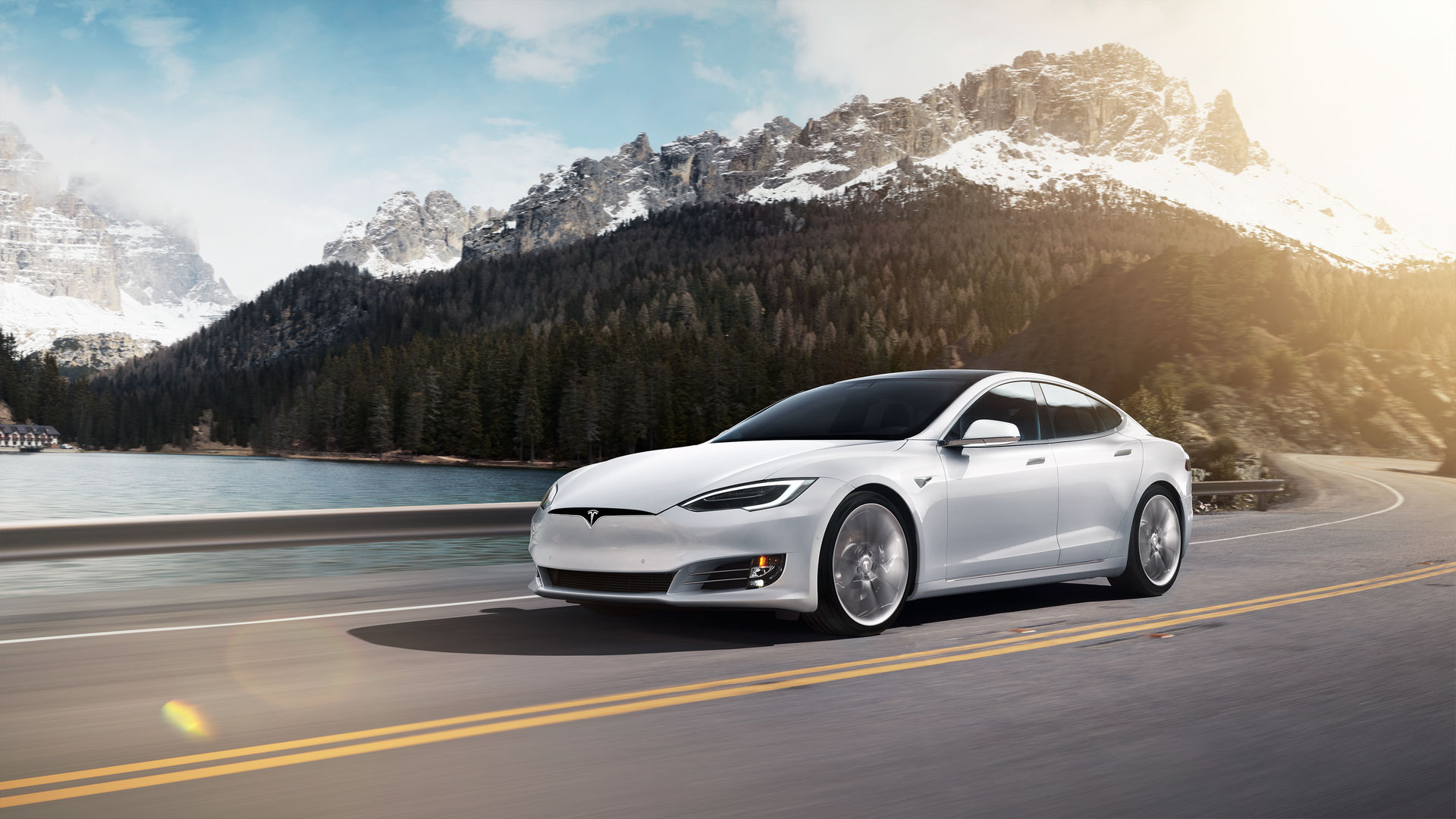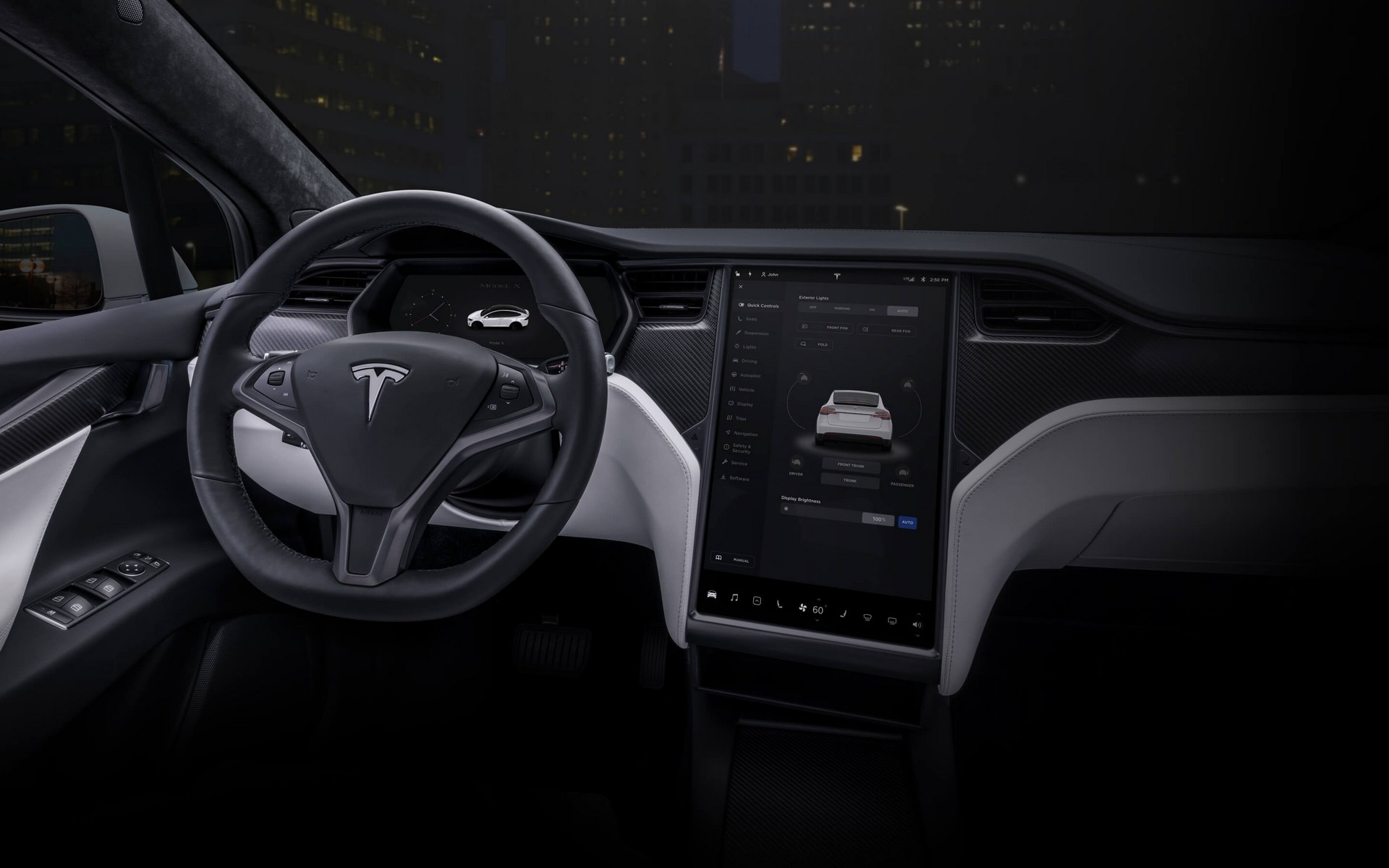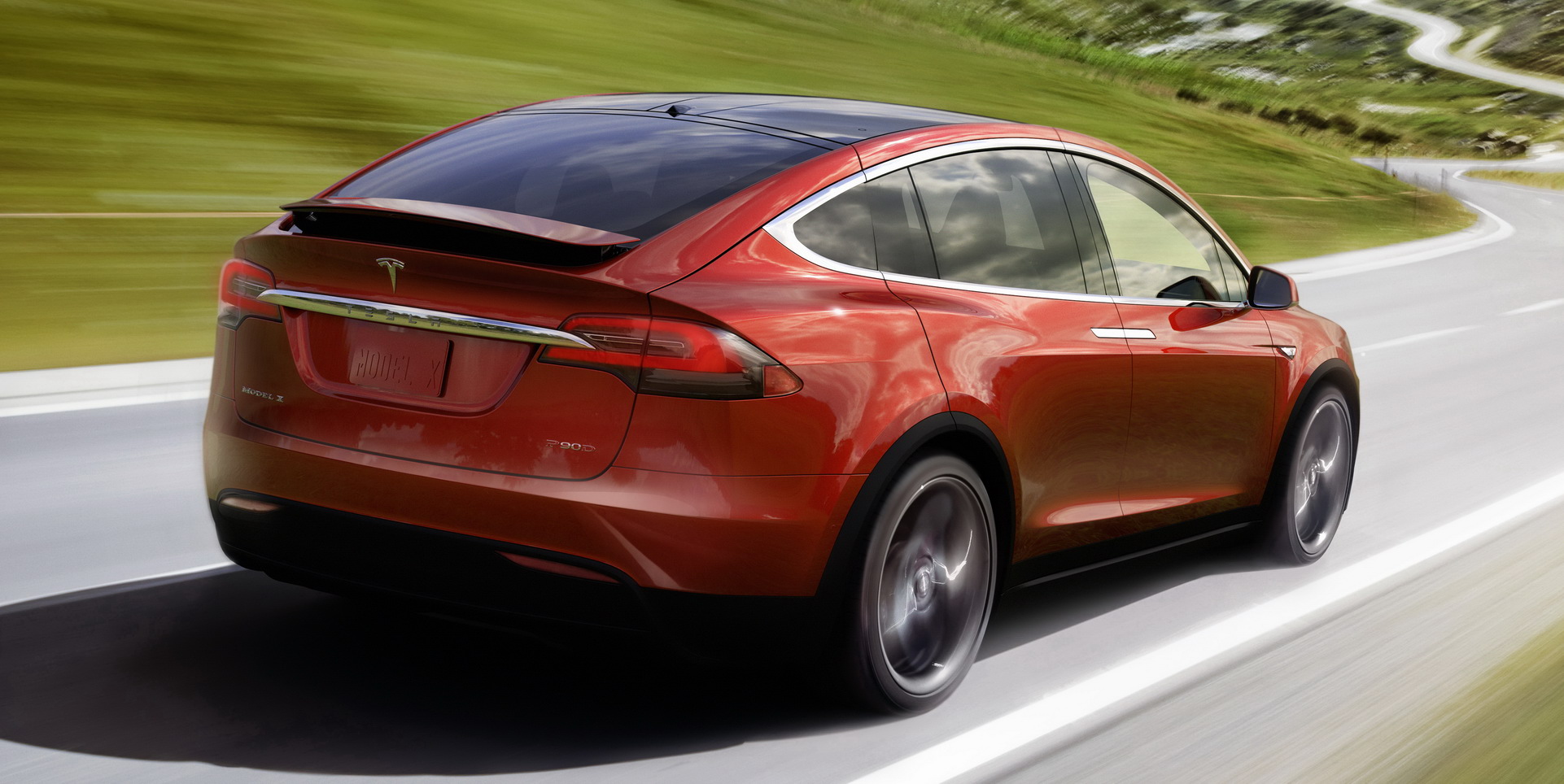Screen size is the latest battleground for automakers and Tesla kicked off that trend with the massive 17-inch infotainment system that resides in the Model S and Model X.
Those screens are now at the center of a recall request by the National Highway Traffic Safety Administration.
In a letter to Tesla, the NHTSA said their Office of Defects Investigation is looking into a “potential safety-related defect concerning incidents of media control unit failures resulting in loss of rearview camera and other safety-related vehicle functions” in 2012-2018 Model S and 2016-2018 Model X vehicles.
Also Read: Feds Open Investigation On Tesla Model S Touchscreen Failures
These models are equipped with an Nvidia Tegra 3 processor and an integrated 8GB eMMC NAND flash memory device. The problem is with the memory as the NHTSA said part of the memory’s capacity is used each time the vehicle is started and the “eMMC NAND cell hardware fails when the storage capacity is reached.”
When this occurs, the infotainment system fails and takes out systems required by Federal Motor Vehicle Safety Standards. In particular, the NHTSA says it results in the loss of the rearview camera as well as the potential loss of the climate control system which is used for defogging and defrosting windows. The government went on to note an “adverse impact on the Autopilot advanced driver assistance system (“ADAS”), as well as turn signal functionality due to the possible loss of audible chimes, driver sensing, and alerts associated with these vehicle functions.”
Given this, the Office of Defects Investigation has tentatively concluded the issue “constitutes a defect related to motor vehicle safety.” As a result, the government is requesting that Tesla recall the vehicles and fix them.
Approximately 158,000 vehicles are impacted and the government says their investigation suggests the flash memory device could fail after 5-6 years. The NHTSA believes a “5- or 6- year life expectancy for a component integral to providing the driver with safety functions is insufficient” and noted data from Tesla showed “MCU failure rates between 14.2 – 17.3% for the range of MY 2012-2015 Model S” vehicles.
While the letter acknowledges Tesla has released over-the-air updates to mitigate some of the issues, the government deemed them “procedurally and substantively insufficient.” Instead, they noted vehicle manufacturers are required to conduct recalls for safety-related defects.
The request isn’t binding but, if Tesla refuses, they’ll have to provide a full explanation for not issuing a recalling. Should the government not be satisfied with their response, things could escalate.
Tesla has until January 27th to respond to the letter and it remains unclear if they will follow through with the request.







